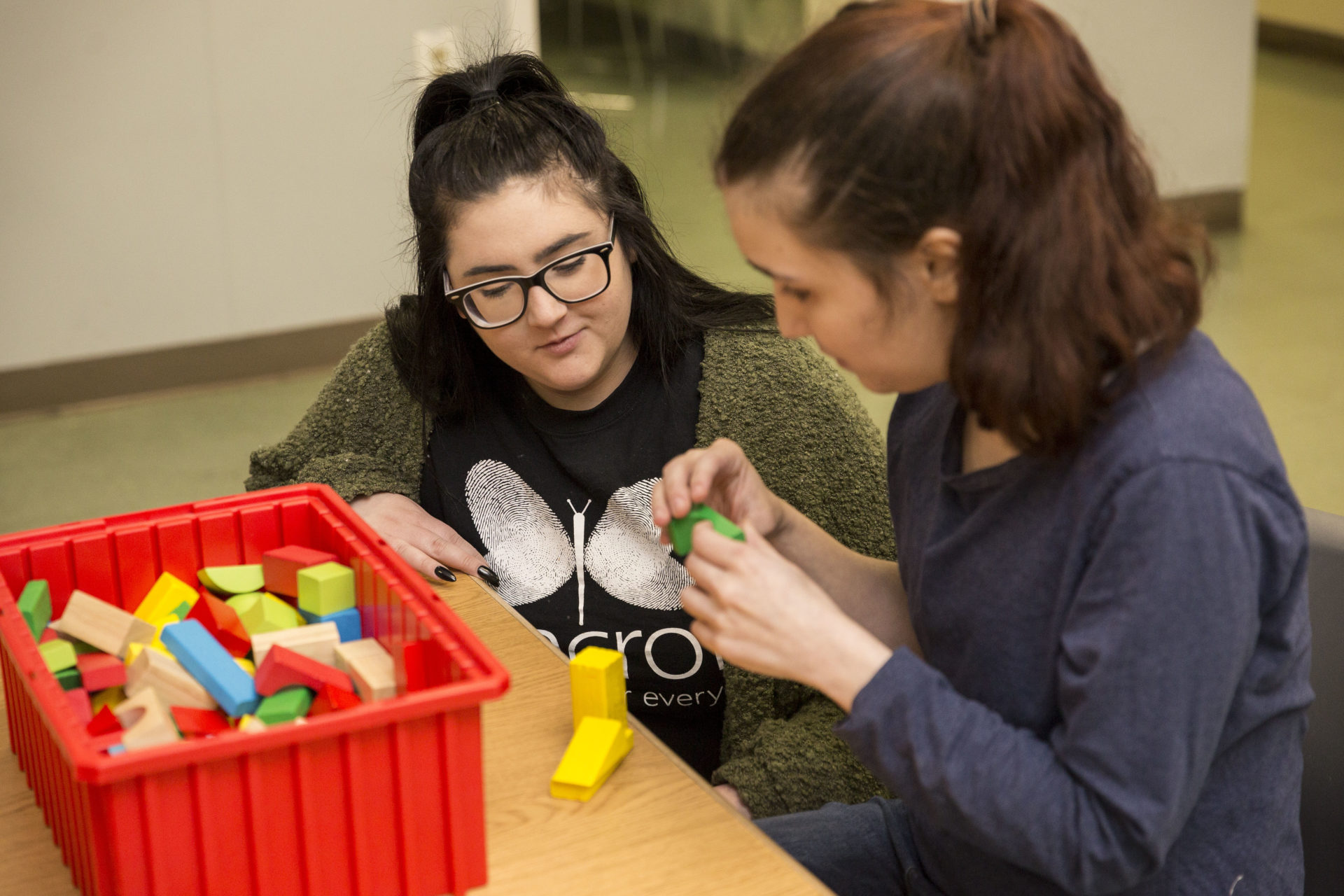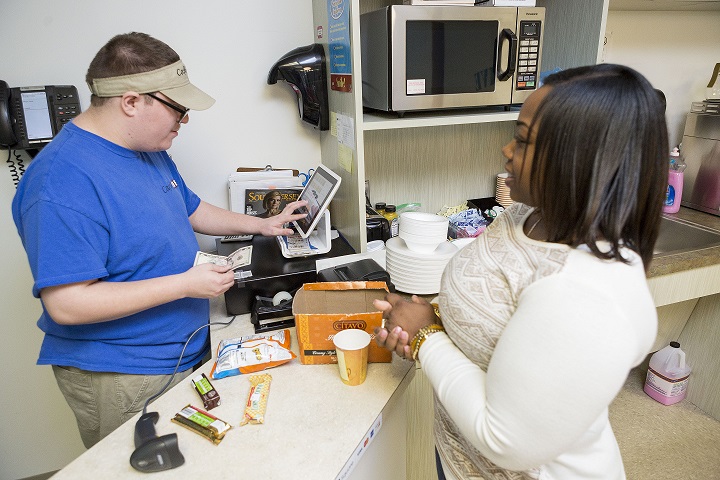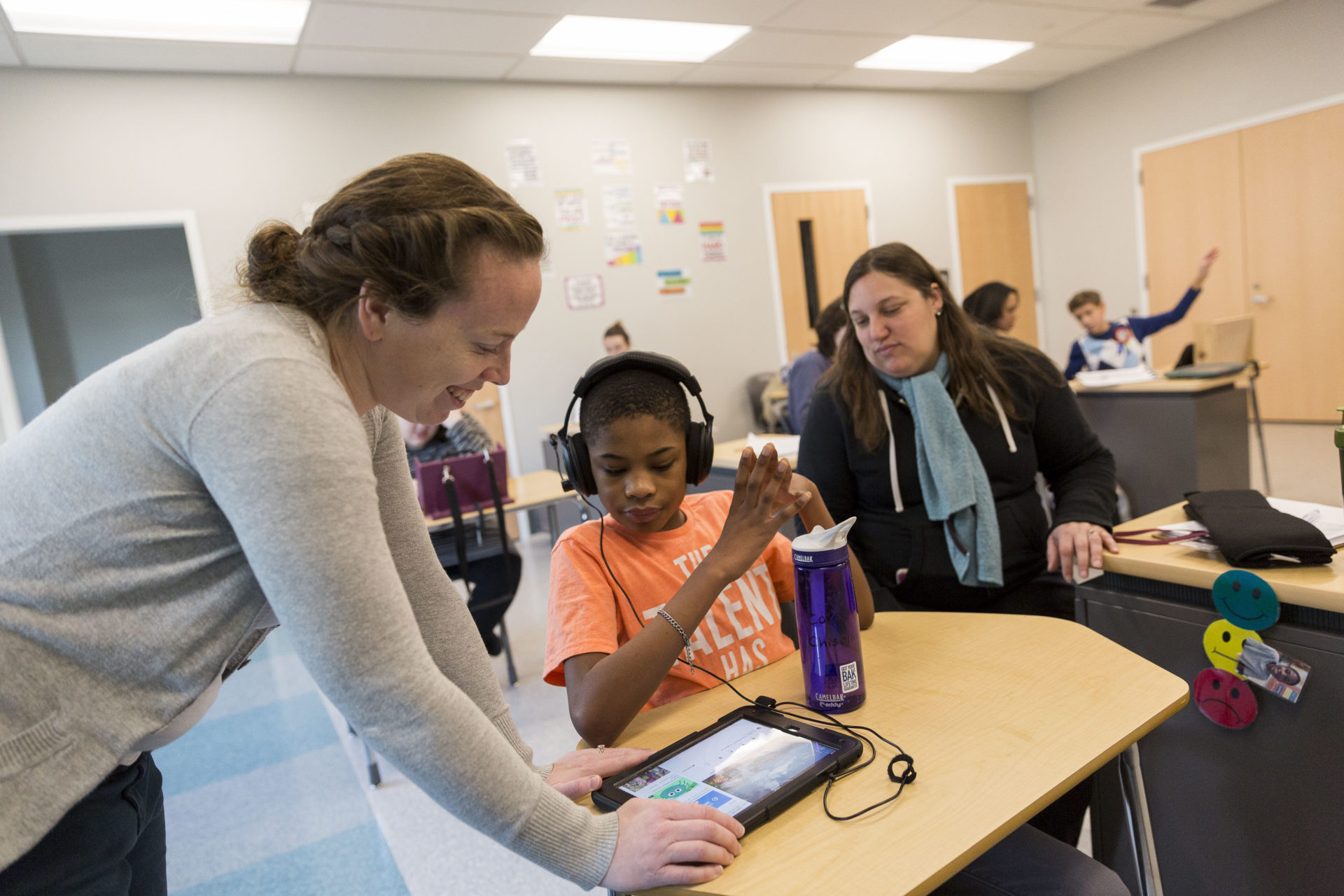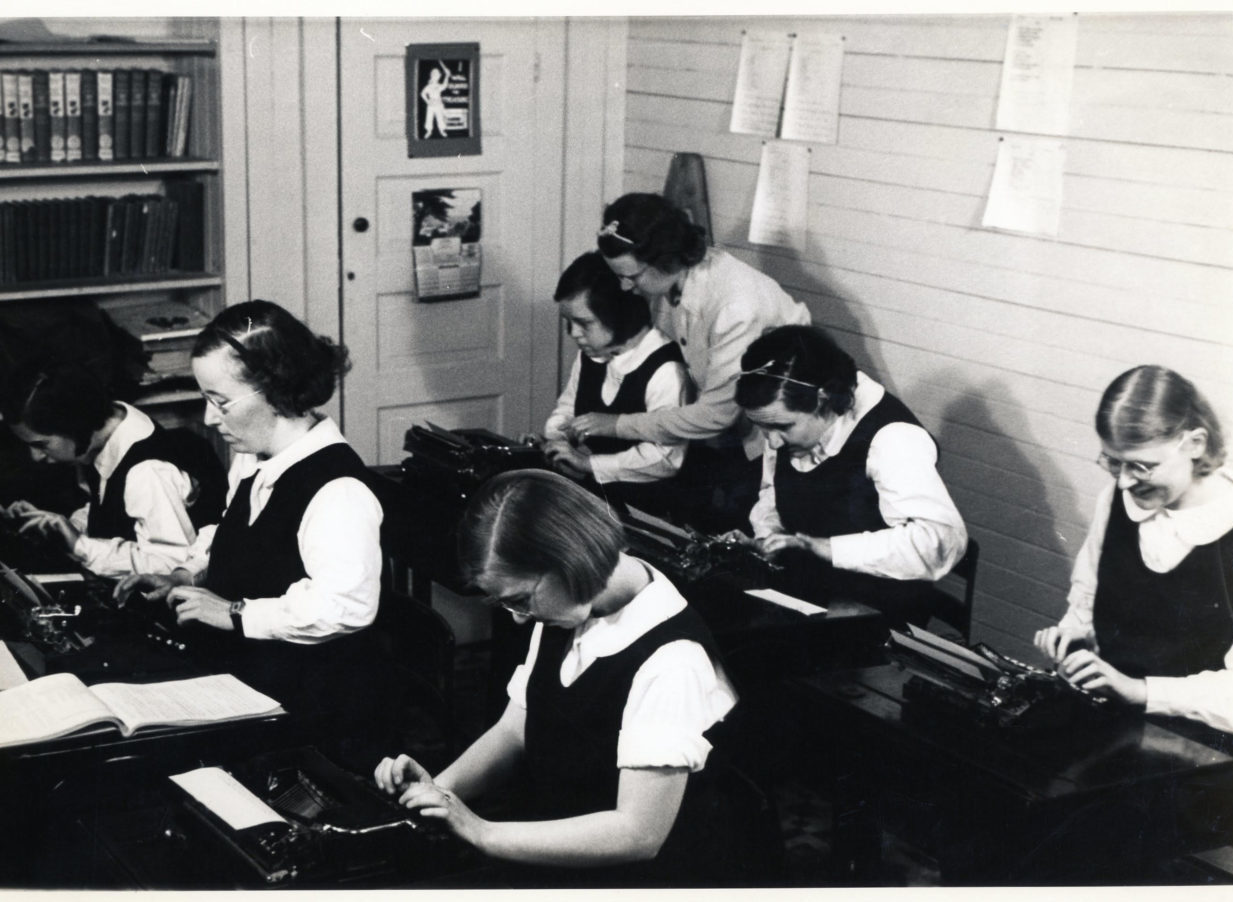Families with school-age children with intellectual or developmental disabilities may be familiar with the emotional roller coaster that often accompanies disruptive or inappropriate behaviors. While these behaviors, including shouting, inappropriate gestures or words and aggression, among many others, are not intentional, parents and caretakers still worry about enjoying a public outing with their families.
No family should miss fun outings together and opportunities to enjoy public settings. Fortunately, Kristin Vespe, M.S.Ed., BCBA, a Behavior Analyst with Bancroft’s Pediatric and Adolescent Campus Residential Program, can offer ways to deescalate disruptive situations and prevent future behaviors.
“Children and adolescents often respond well to a predictable schedule,” Vespe says. “Keep a visual calendar of events prominent in your home or classroom and review the day’s activities together.”
As a family, decide which events and outings are most important, and incorporate them into your family schedule well in advance. For kids with disabilities, breaking up each day into small parts will enable them to be more comfortable with the events ahead.
“Encourage kids to participate, together with their siblings, and create a family plan in which everyone feels included.”
While ample preparation can help considerably in preventing disruptions, families should also have the tools to deescalate a disruptive behavior.
“Remember that all disruptive behaviors occur for a specific reason,” Vespe says. “Identifying the source of a behavior can be a powerful preventative tool; but should a situation arise, do your best to attempt to ignore the behavior, not the child.”
Vespe also recommends maintaining a neutral tone of voice, and highlighting the good behaviors of siblings, classmates or other nearby children. Some children respond well to a simple rewards system like stickers or stars on a chart.
While parents can’t prevent all disruptive behaviors, including children in the planning process and identifying behavior triggers can be simple, but invaluable tools to enable families to create fun memories together without worry.

Kristin Vespe, M.S.Ed., BCBA
Workshop E45: Increasing Compliance with Medical Procedures
Vespe is a Behavior Analyst in the Pediatric and Adolescent Campus Residential Program who has worked in the field of developmental disabilities since 1995. She has worked with individuals with challenging behaviors in residential, school, and home settings. Vespe’s research interests include functional analysis methodology and the reduction of severe problem behavior. She has presented her research at numerous local and national conferences.
















